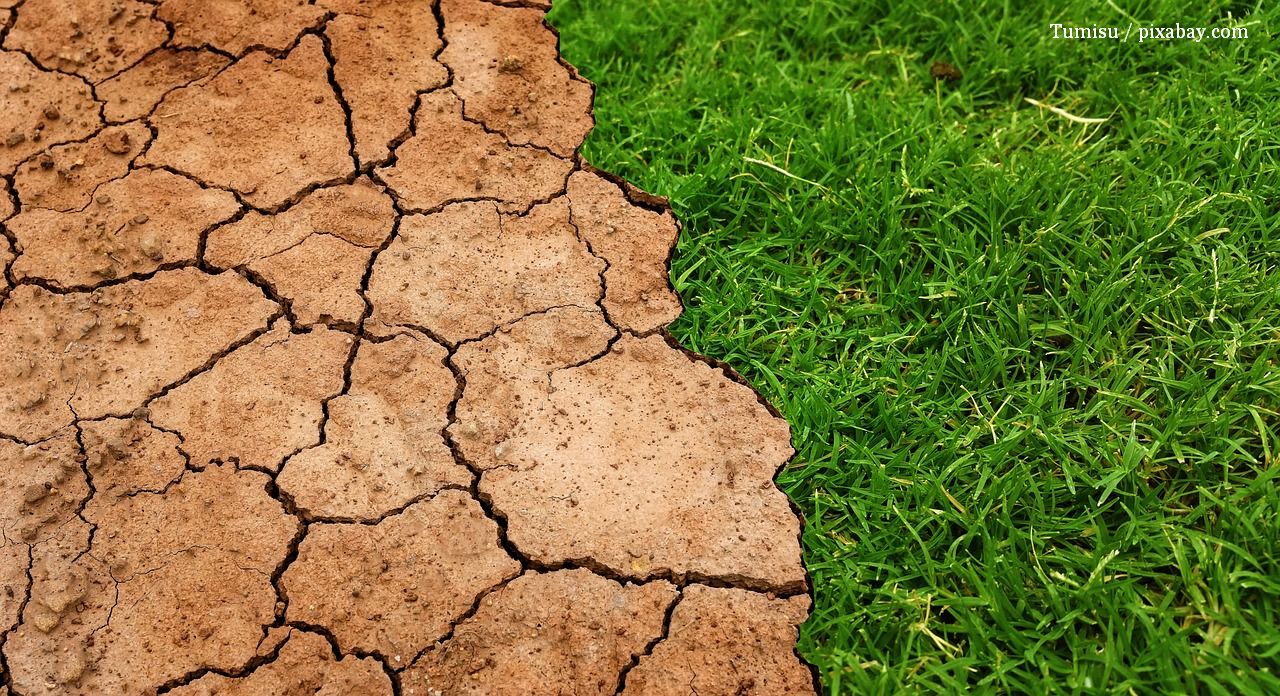The Economic Crisis Isn’t Over Yet
Despite some signs of economic recovery, the economic crisis is far from being over.

Corina Cristea, 10.05.2013, 12:58
Faced with unprecedented unemployment, on International Labour Day Europeans protested against austerity and called for measures to create jobs. In Greece, France, Italy and Cyprus, hundreds of thousands took to the streets of large cities, while in Spain, which has over 6.2 million unemployed, trade unions organised more than 80 protest rallies. In nearly 2 million Spanish households, all family members are out of work and many of them have been looking for a job for two years. The situation is even worse if we look at youth unemployment: almost 60% of them are without jobs. Here is the Radio Romania corresponded in Madrid, Ana Maria Damian:
“With a 27% unemployment rate, Spain faces serious problems and almost daily protests because of loss of jobs. In order to keep the rate of unemployment in check, the government has accepted to meet trade unions and employers associations on May 16th to discuss a possible national agreement. The Centre for Sociological Research has published the findings of a barometer about the main concerns of the population and their voting intentions. Unemployment is the biggest worry for 80% of Spaniards, second place is taken by corruption and fraud, while third come economic issues, which are a major concern for a third of the population.”
One ray of hope can be seen over Greece as Brussels expects it to see some economic growth in 2014, after six years of recession. Gradual economic recovery is also expected in Romania, with an estimated economic growth rate of 1.6% this year, according to an economic spring forecast by the European Commission. This year, Romania is expected to have an annual inflation rate of 4.3%, while the present unemployment rate of 6.7% is expected to stay below 7% this year and next. According to Olli Rehn, the commissioner for economic affairs, of the 20 EU countries where the excessive deficit procedure has been implemented, Romania and Latvia, as well as Lithuania are on track for exiting the procedure.
For the whole of the European Union, the aforementioned spring forecast expects a 0.1% drop in the GDP, followed by a recovery to 1.4% next year. Speaking in Bucharest, European Council president Herman Van Rompuy pointed out that the economic crisis is not yet over and that in spite of lower unemployment rates, the lack of youth jobs continues to be a problem. There are some good news, though, says Van Rompuy, referring to the increased stability in the eurozone, higher competitiveness, better exports and safer public finances. Here is economic analyst Valentin Ionescu:
“This is how I see the situation at the moment: the eurozone has become more stable economically and the deficit has stopped growing, although a considerable decrease has only been reported in certain countries. In Europe, the eurozone is divided in two, between the competitive north and the less competitive south, with the exception of Spain, which has recovered substantially. I’m more reserved in my estimations, in that I see 2014 as being more relevant in terms of future interpretations. We will have different figures with regard to public deficit and increased competitiveness, as reflected for example in each country’s trade balance, something that has not improved across the Union. Only certain countries export, there are big exporting powers, and there the trade balance is indeed positive or zero.”
There are no alternatives to austerity policies if the states of the world wish to emerge out of the economic crisis, says IMF director Christine Lagarde. In an interview with the RTS Swiss television, she said that each country has to have its own pace of reform, depending on its own situation. Christine Lagarde says that loans are no longer an option, but that, on the other hand, no deficit reduction and economic recovery is possible without adequate financial support.
The IMF director warns that the world economic situation continues to be difficult, and that budget discipline and growth policies are needed in order to attract investment and create jobs. There are three different speeds of economic recovery in the world, says the IMF head. The fastest are the emerging countries, followed by the states which start seeing some growth, such as the US, Sweden and Switzerland, while the third group is represented by areas such as the eurozone and Japan, which are still struggling on the path to economic recovery.






























